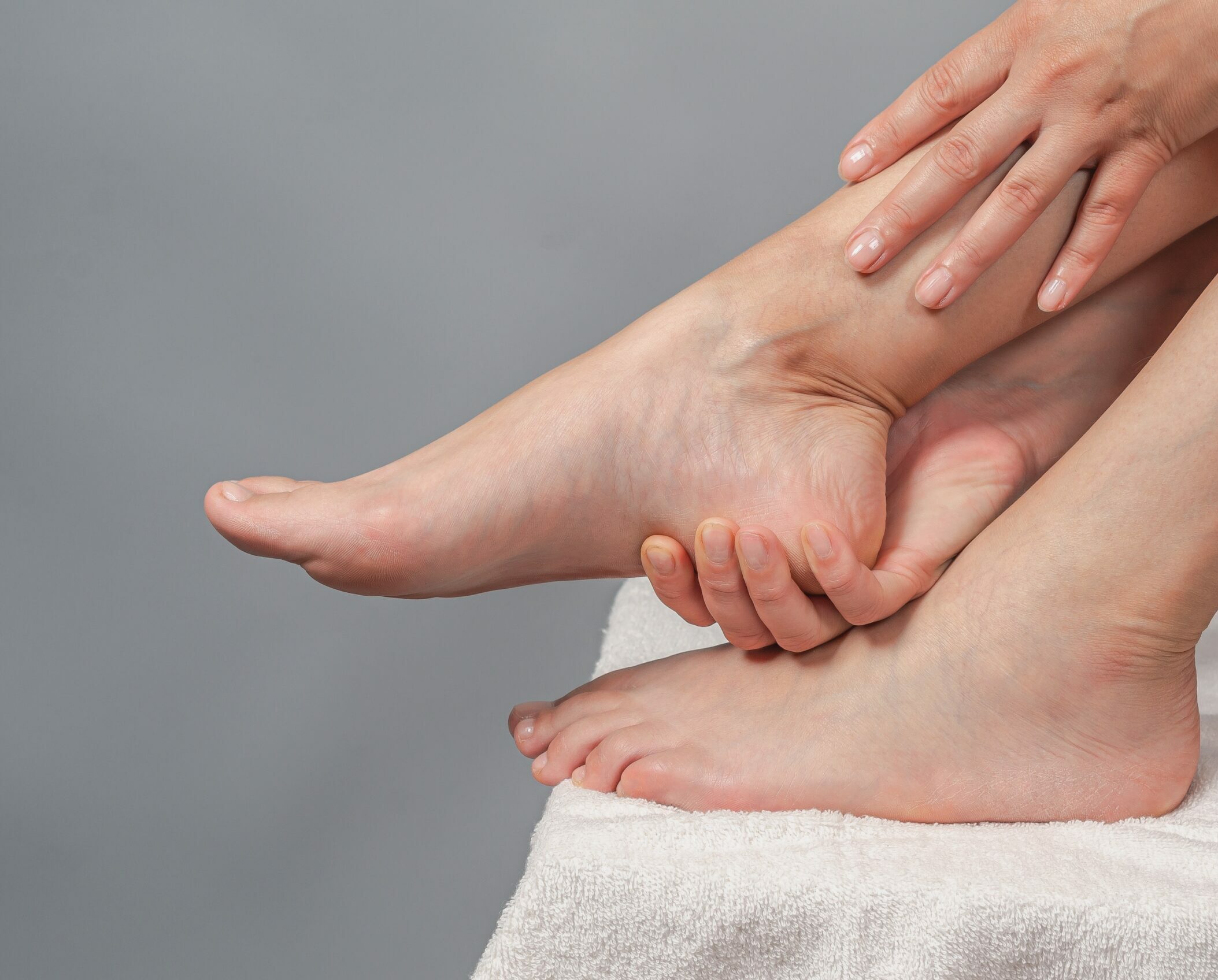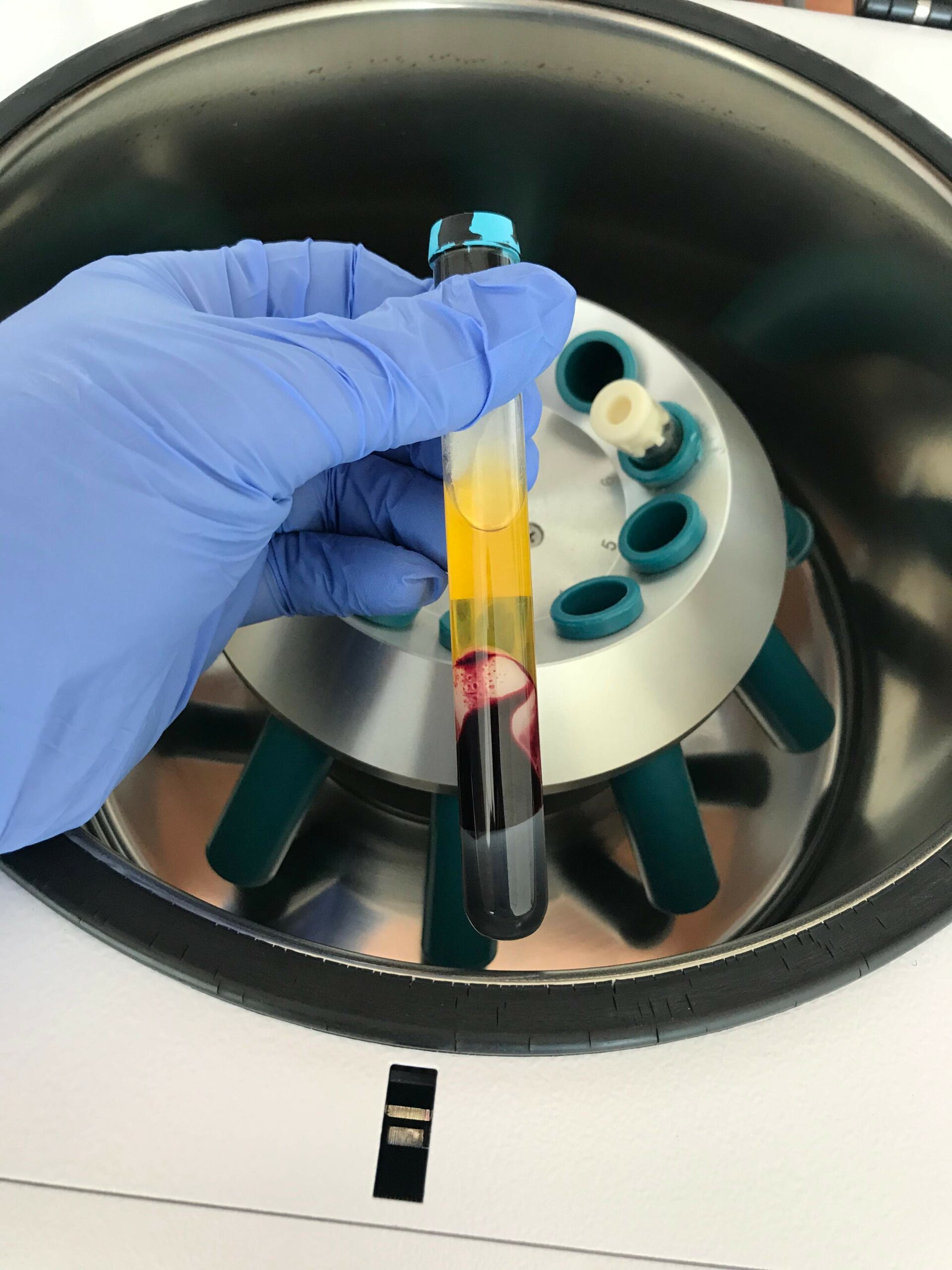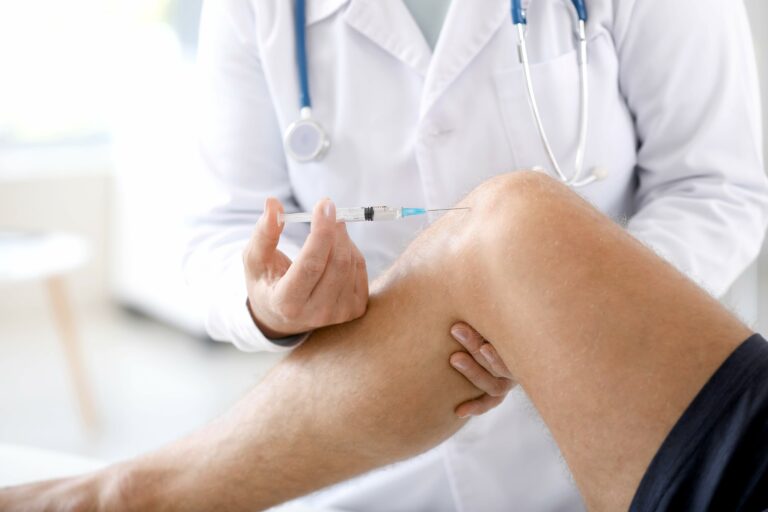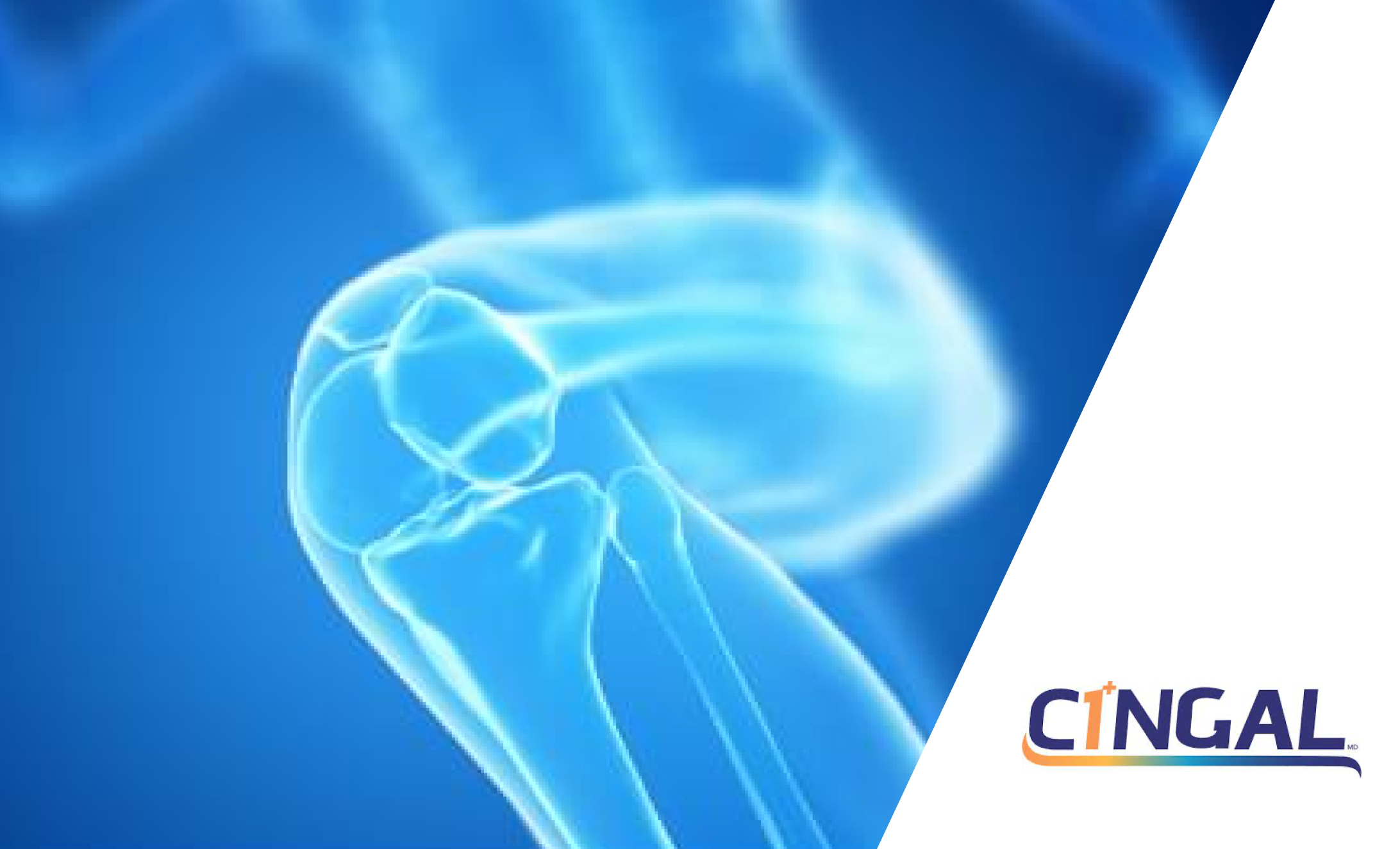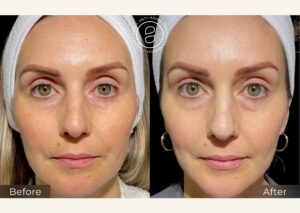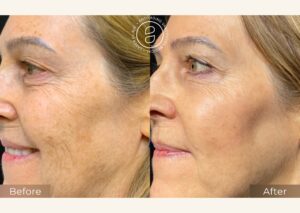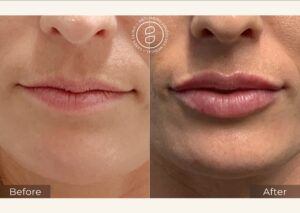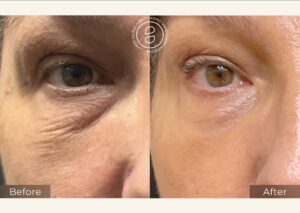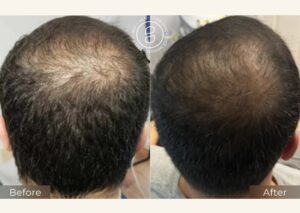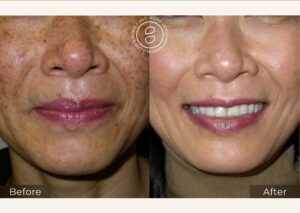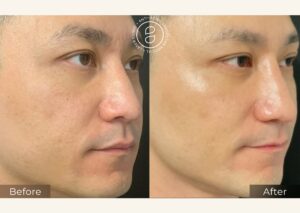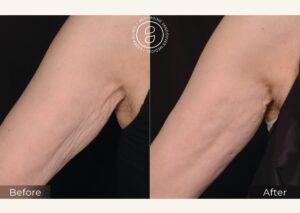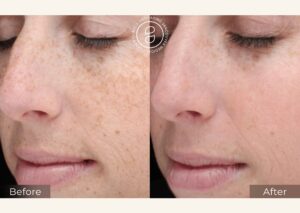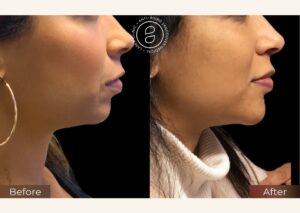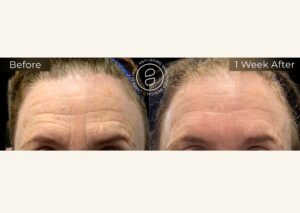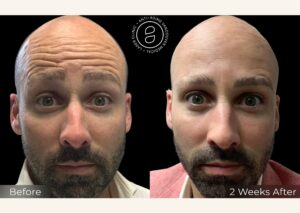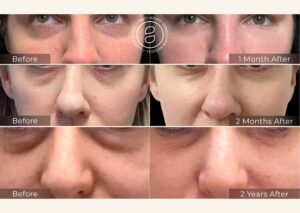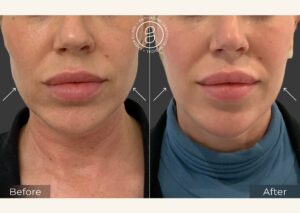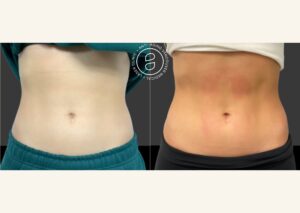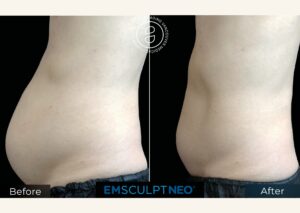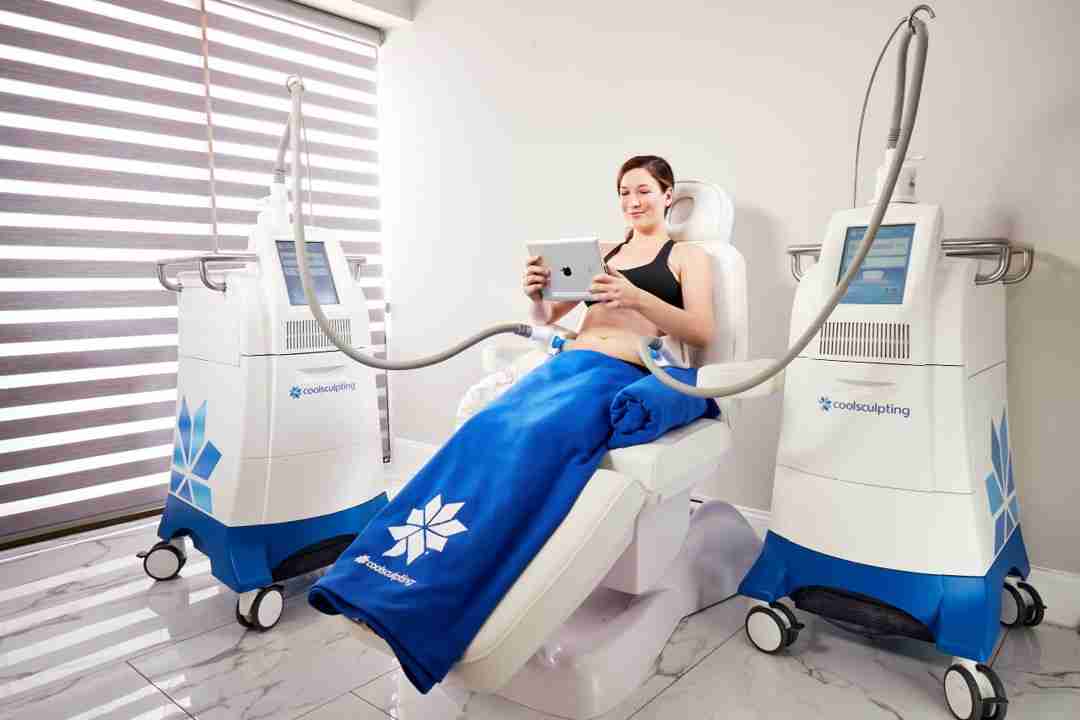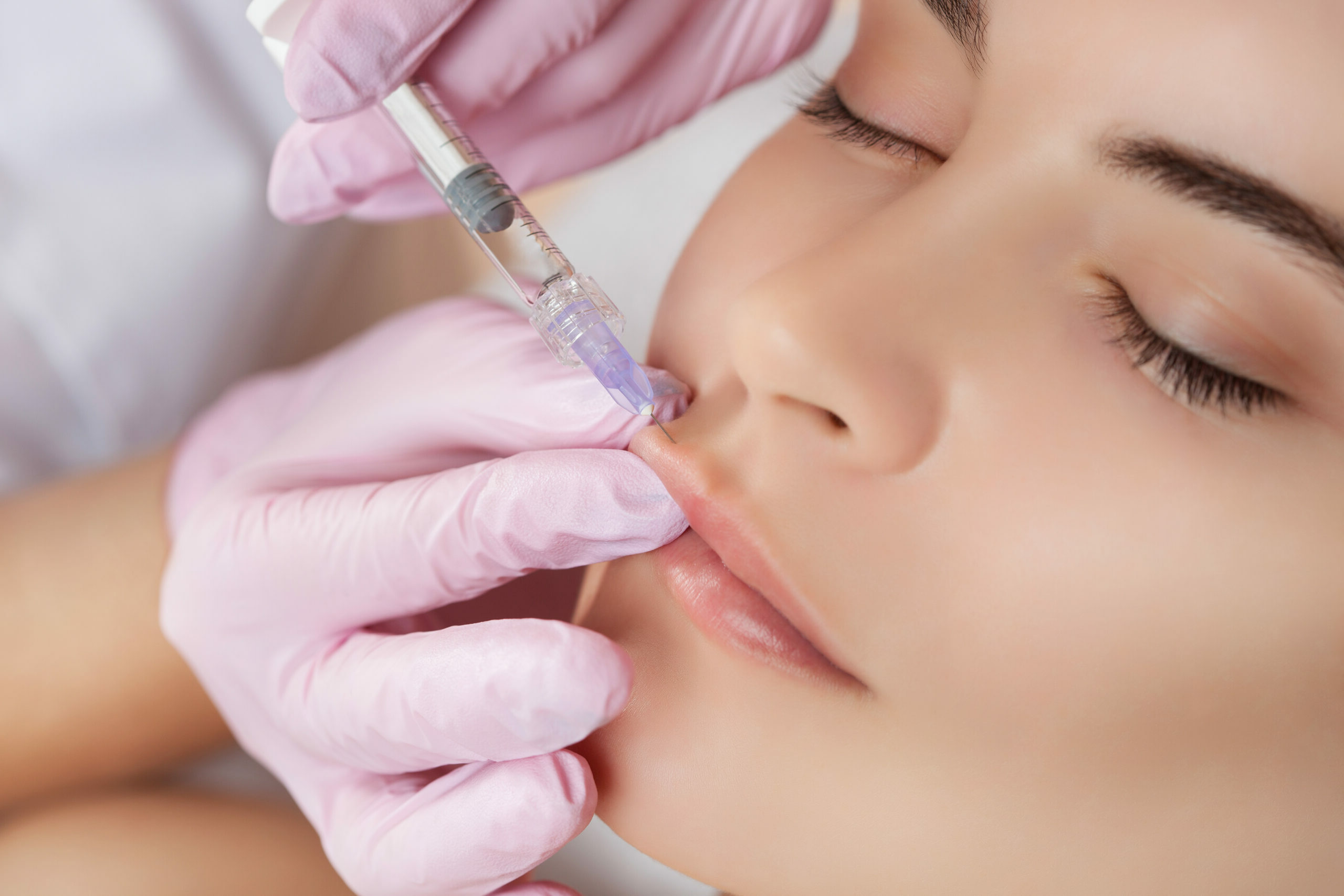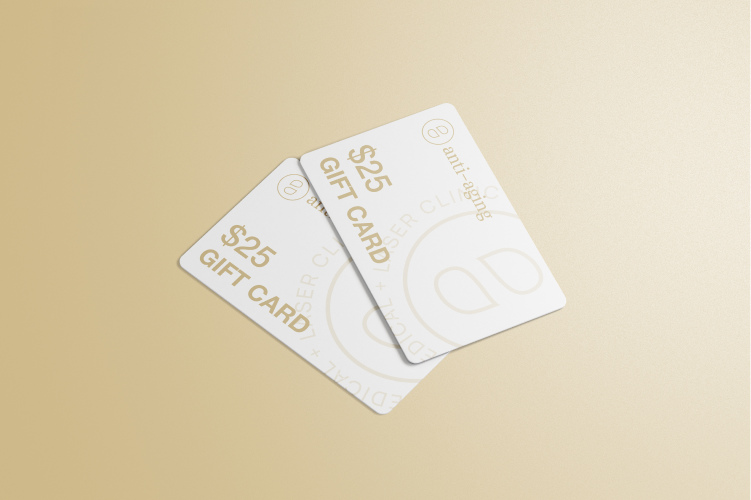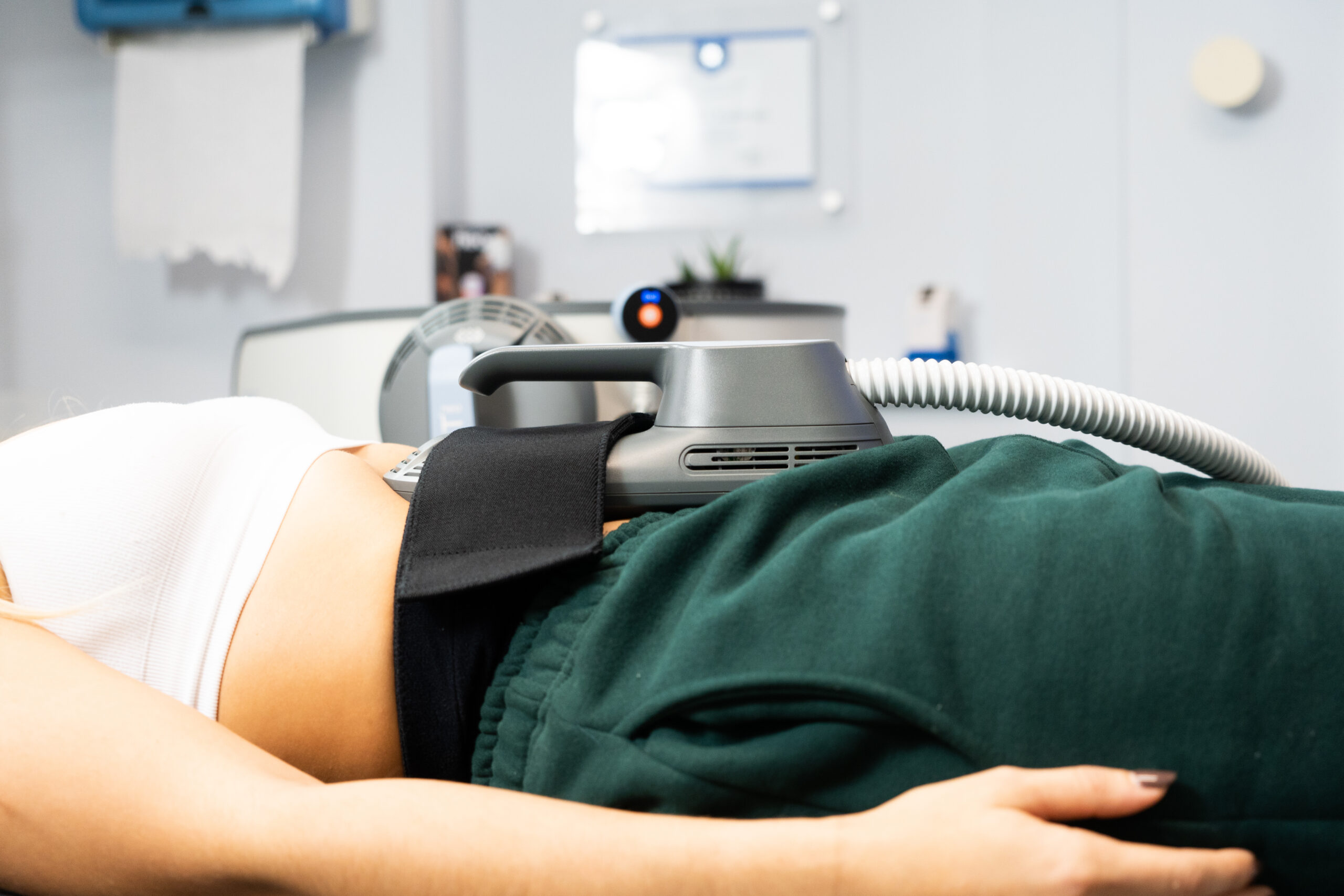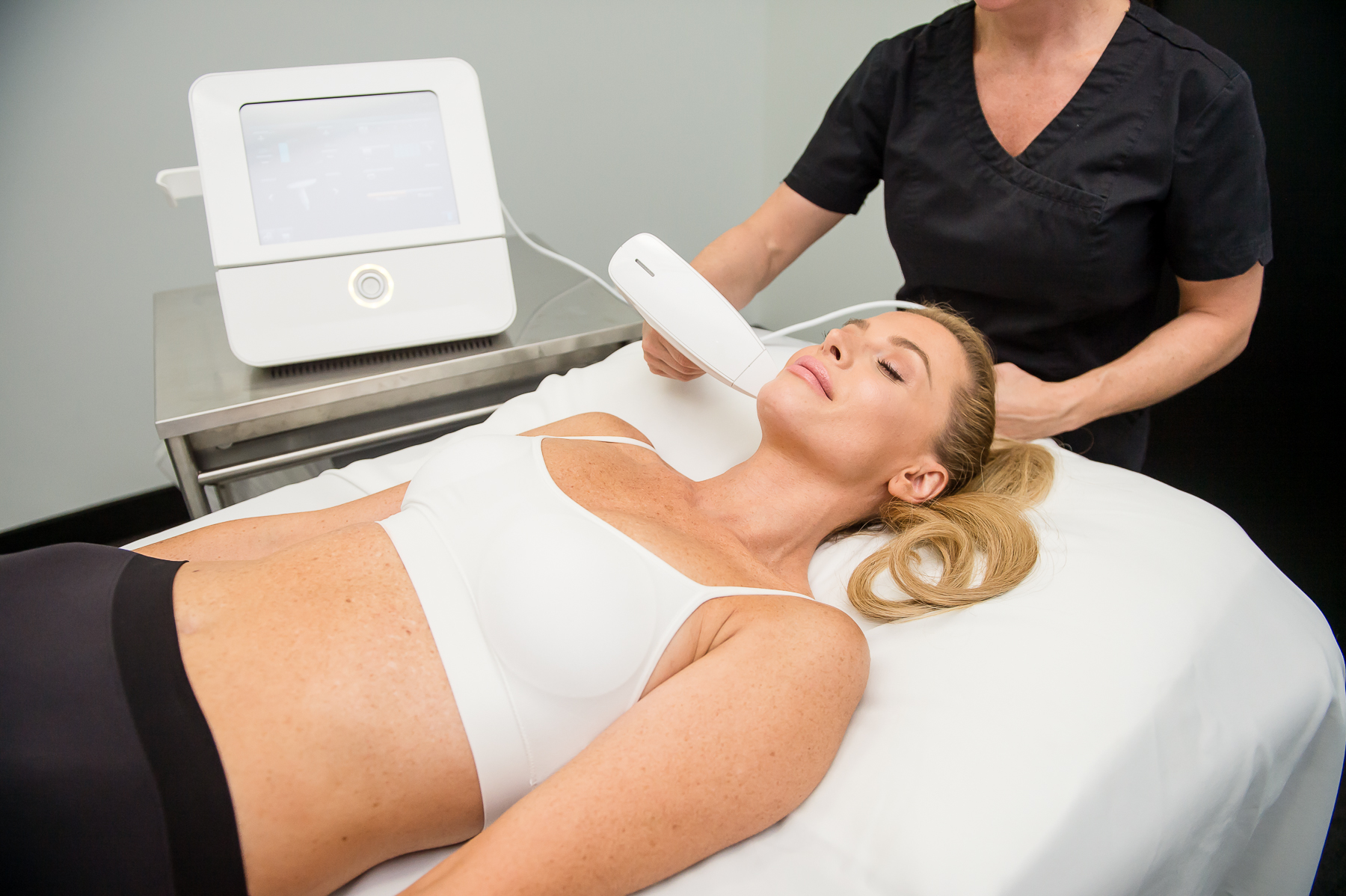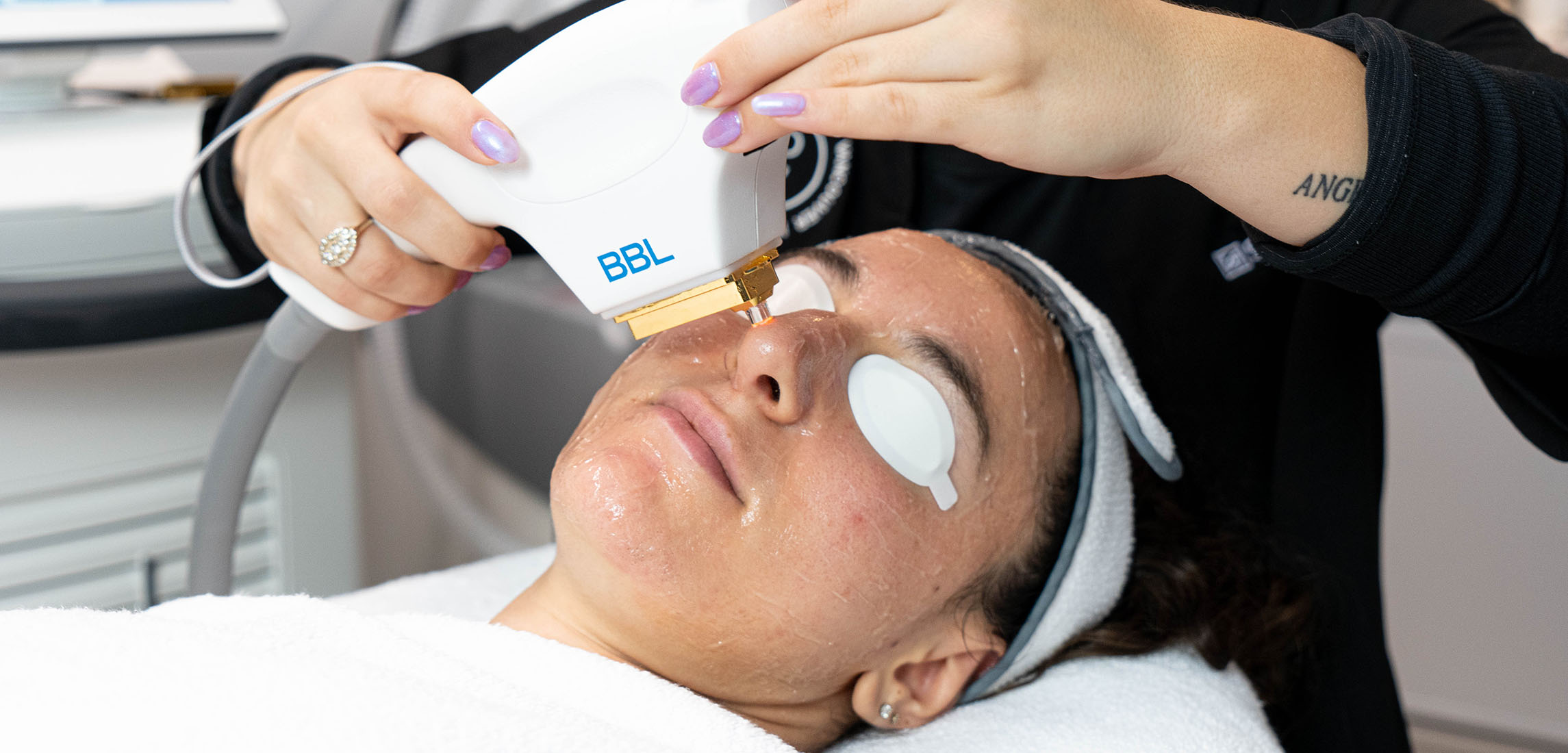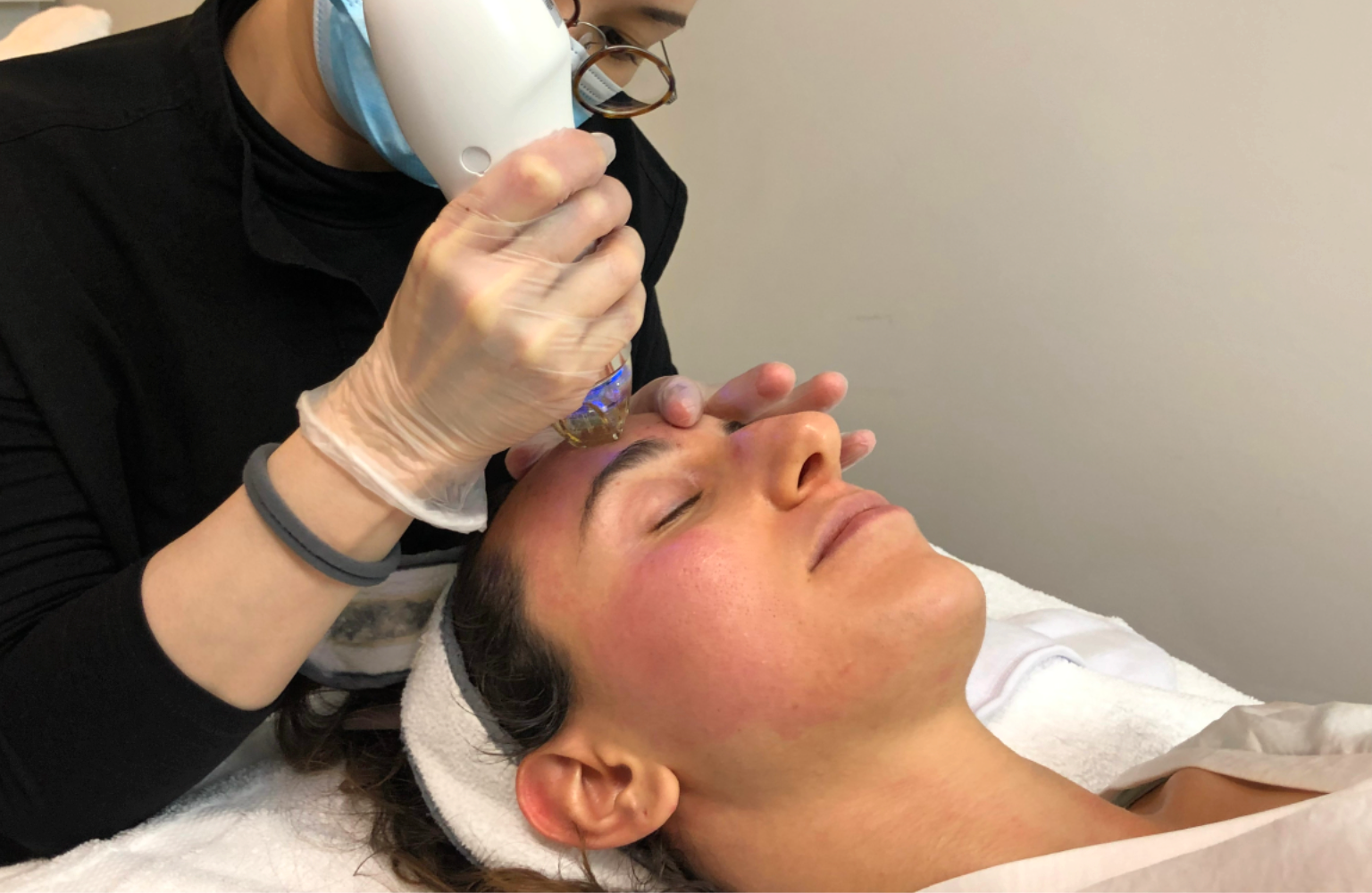Plantar Fasciitis
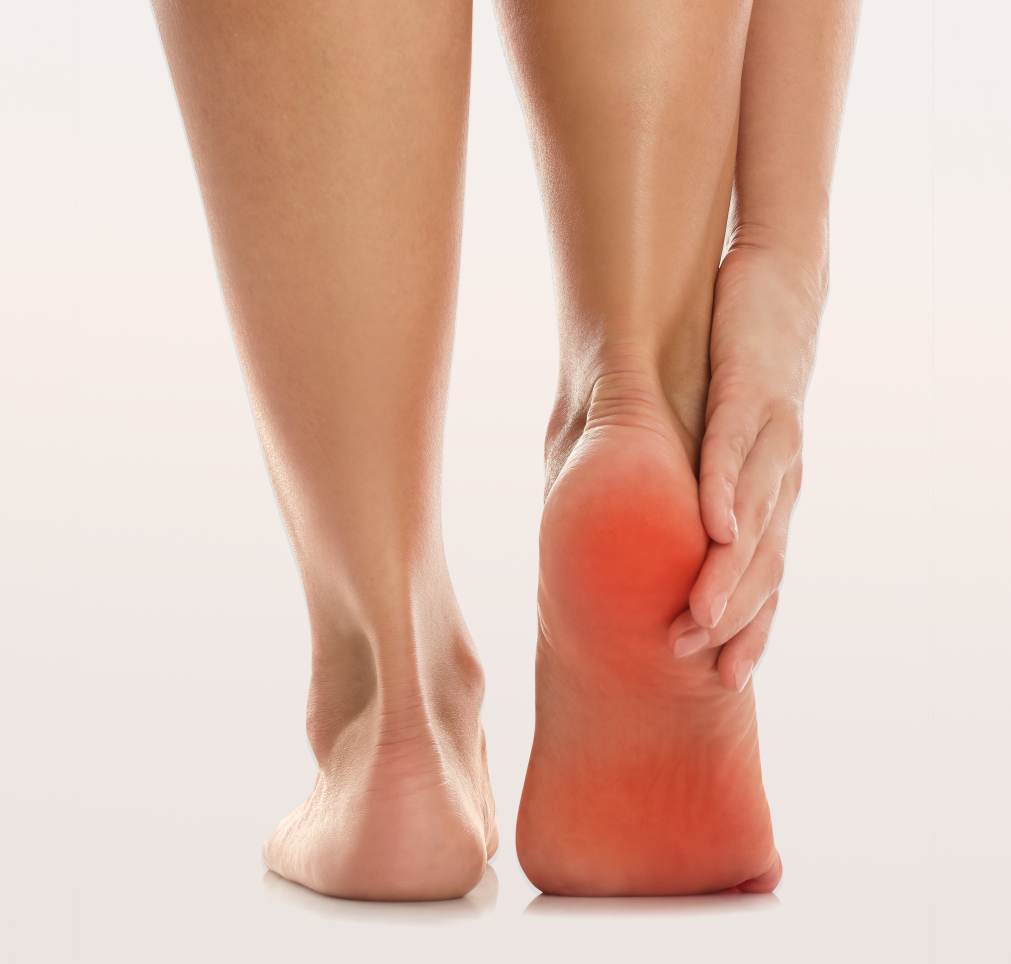
Plantar fasciitis is a common condition characterized by heel pain, stemming from inflammation of the plantar fascia—a robust band of tissue extending from the heel to the toes, providing support to the foot’s arch.
The exact cause of plantar fasciitis is not always clear, but several factors are known to contribute to its development. These include:
- Excessive strain or overstretching.
- Flat feet or high arches.
- Obesity, being overweight or obese increases the pressure on your plantar fascia, making you more susceptible to inflammation and pain.
- Improper footwear, wearing shoes with inadequate arch support.
- Tight Achilles tendon.
- High-intensity activities, excessive running, walking, or standing on hard surfaces for long periods can strain the plantar fascia.
- Jobs or occupations that require prolonged periods of standing or walking on hard surfaces, such as factory workers, teachers, or healthcare professionals, may increase the risk of developing plantar fasciitis.
- Most commonly affects individuals between 40 and 60 years old.
The hallmark symptom of plantar fasciitis is stabbing pain in the heel area, particularly noticeable during the initial steps after periods of rest or inactivity. This discomfort may also manifest after prolonged standing or when transitioning from a seated position.
Treatment approaches for plantar fasciitis include rest, stretching exercises, orthotic devices, physical therapy, and footwear modifications. In more severe cases, medical interventions such as Injections or surgical procedures may be considered.
With the initial onset, over-the-counter NSAIDs like aspirin, ibuprofen, and naproxen are recommended for reducing pain and inflammation, but it’s crucial not to use them for more than 10 consecutive days without consulting your doctor. Rest is essential, and taking a break from activities causing plantar fasciitis for at least a week is advised. Icing the foot for 10-15 minutes, twice a day, using a frozen water bottle wrapped in a towel can help alleviate inflammation.
Supportive footwear, such as sturdy, well-cushioned shoes with arch support, is recommended, while avoiding sandals, flip-flops, or flat shoes without built-in arch support and refraining from walking barefoot. Additional measures include using orthotics or shoe inserts for extra arch support, considering immobilization with a walking boot to stabilize the foot, and engaging in massaging and stretching exercises guided by a healthcare provider or physical therapist.
At Anti-Aging Medical & Laser Clinic, we understand how joint discomfort can disrupt daily life, impeding routine tasks and affecting overall quality of life. That’s why our commitment lies in offering non-surgical remedies that effectively relieve pain and enhance comfort.
If inflammation persists despite the utilization of non-steroidal anti-inflammatory drugs (NSAIDs) and various therapeutic interventions, our clinic provides advanced ultrasound guided injection therapies tailored for plantar fasciitis management. These treatments include:
PRP Therapy (Platelet-rich Plasma Injections): PRP therapy involves injecting platelets derived from the patient’s own blood into the plantar fascia, stimulating the body’s natural repair and regeneration processes. While still emerging, research suggests that PRP therapy can be as effective as, if not superior to cortisone injections in managing plantar fasciitis.
Hyaluronic Acid + Cortisone: A single injection of Cingal®, a combination of a corticosteroid and a cross-linked high molecular weight hyaluronic acid, can quickly alleviate pain, with relief often noticeable within just one week of administration. This pain relief can last for up to six months. However, the effectiveness of the treatment may differ based on the severity of the patient’s condition and their unique response to the injection.
Dextrose/prolotherapy: Is a safe and effective treatment option for plantar fasciitis which involves injecting a solution containing dextrose (sugar) into the affected area. This solution stimulates the body’s natural healing processes, promoting tissue repair and reducing inflammation. Similar to PRP therapy, dextrose/prolotherapy may offer long-term benefits for patients, with results comparable to extracorporeal shock wave therapy.
We provide cutting-edge injection treatments for joint pain and inflammation, guided by ultrasound for precise delivery. Administered by our expert Sports Medicine Physician, Dr. Teri Fisher, these treatments effectively alleviate pain and enhance mobility for patients with various conditions.
For Patients without Diagnosis
It is necessary to first consult with your family doctor or schedule an appointment at Old Orchard Medical Clinic (Burnaby) for a physical examination.
Following that, schedule x-rays and any supplementary imaging at a local hospital or West Coast Medical Imaging facility, such as the Arbutus clinic located at:
2184 West Broadway, Unit #390,
Vancouver, BC V6K 2E1
Phone: 604-731-2200
These steps will ensure accessibility to your imaging reports when visiting Anti-Aging Medical & Laser Clinic.
For Patients with Diagnosis
Begin by completing our online questionnaire to book your initial consultation with Dr. Teri Fisher. We will then contact you to schedule your appointment. Remember to bring along any existing imaging reports, including X-rays, ultrasounds, MRI, MRA, or CT scans, to your initial consultation.
Popular Treatments for Plantar Fasciitis
All Treatments for Plantar Fasciitis
Book Your Initial Consulation in 3 Simple Steps
- Enter your details and areas of concern.
- Select a day and time on Jane App.
- Pay a consultation fee of $125 (this fee is applied toward your treatment).
Already a Patient?
Book Your Next AppointmentBook Your Initial Consultation Now And Get A $25 Gift Card*
